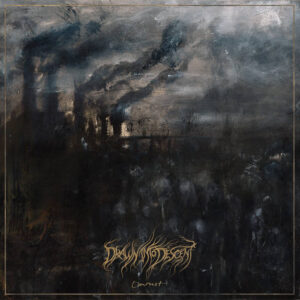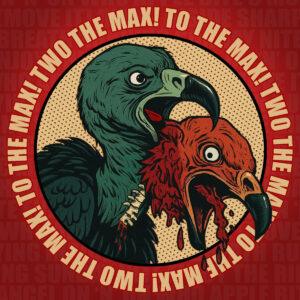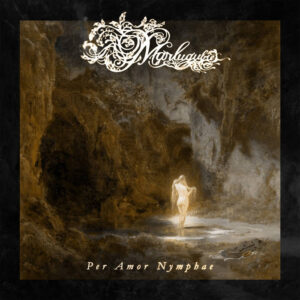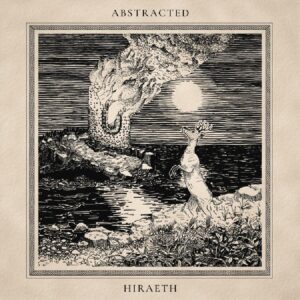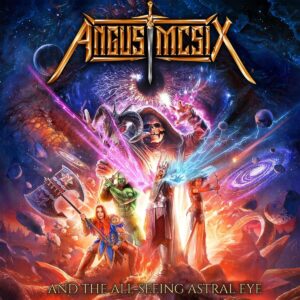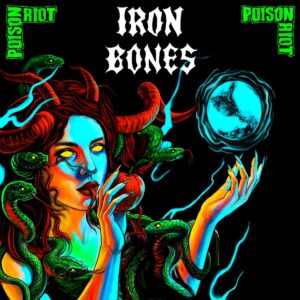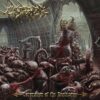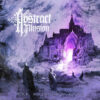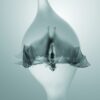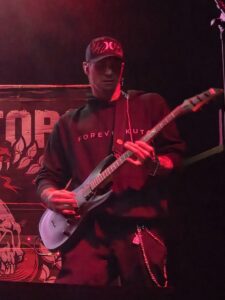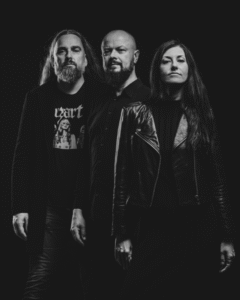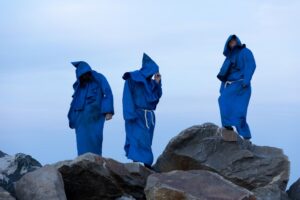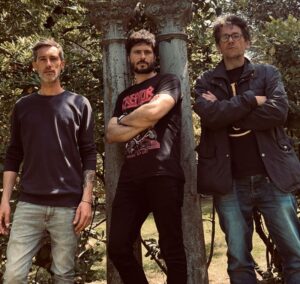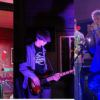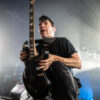Mikael Torseth
Keiser
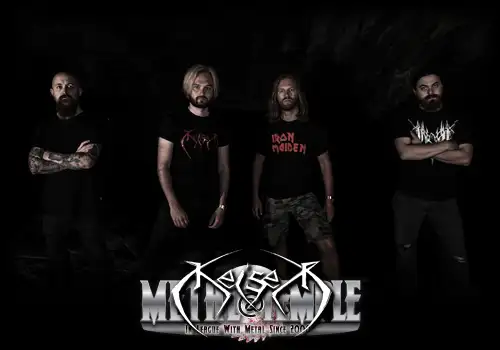
Hi! Pleasure to speak to you as well. I'm doing fine. I'm keeping myself busy with Keiser, my other two bands and work. Other than that I'm trying to be reasonably social, enjoying some beers with my friends now and then.
That's a good thing, I guess. We have dealt with it pretty sensibly compared to a lot of countries, but you can tell that people are tired of social distancing, hand sanitizers and other measures. We have had an increase in Covid-19 cases recently, but nothing major.
Yeah, I think it's been hard on everyone in the culture sector. There have been some government handouts here in Norway, meaning that most clubs and venues manage to scrape by. It's far from sustainable, though. Of course you get the feeling that culture isn't prioritised as much as other sectors, but that's nothing new or unique for Norway.
That's a good example of what we were hoping to achieve! Most of all we wanted to bring our music to a lot more people that we managed previously on our own. We did all the promotion on our own when we released our first album. It was a lot of work, and not too much to show for it. This time it's a whole other thing. There's a lot more interest. We couldn't be happier with Non Serviam Records.
It's certainly a bleak statement if read without any context, and you could spend quite a few hours interpreting it. By no means do we believe that a wretched demise is imminent, but you could interpret it as a warning. There's so much going on in the world that is not sustainable, so something at least needs to change.
There's certainly a link there, although the album was written and even recorded before any of us had heard about some virus emerging in China. The pandemic puts the title in a new light, although I don't think Covid-19 will be our wretched demise.
It could seem that way, but there's absolutely hope. I work as a teacher in primary school and I honestly believe we are in good hands. The coming generation seem to care more about fairness, environmental issues and human rights than our generation does.
We actually find the technical and strategic part interesting, but we find it hard to write good songs about. Besides, that's kind of Sabaton's thing! For me personally I find the human side of it the most intriguing to write songs about. Any time I encounter some light/medium obstacle in life and feel down in any way, I try to imagine what people have gone through in different wars. Losing your loved ones, trying to stay alive in a battlefield, knowing that you could basically lose everything.
We try to show our influences on our sleeves. We are inspired by all the music we listen to. When we wrote "The Succubus", the band consisted of only me and Geir (drums). "Our Wretched Demise" is the first album we've done as a complete four-piece, which makes it more varied too. We always try to grow as songwriters and we always have the whole album in mind when writing songs.
What I love about black metal is that there's essentially a "basic sound", but none of the classic black metal bands sound the same. Mayhem, Darkthrone, Emperor, Enslaved and Immortal all sounded massively different, but they all sounded 100% black metal in the early days. We are basically trying to do our own take on the genre. For example, we listen to a lot of classic heavy metal as well, and Mercyful Fate is one of the bands I'm personally influenced by.
I don't think anyone in the band listens to a lot of post metal, but I agree that there are some post metal sounding parts. I think it stems from the fact that we are trying to make the music varied. Sometimes exploring different sounds and atmospheres is a way to do that. The middle section in "Scourge of the Wicked" is a good example of that.
I'm not sure to be honest. I think there's been a strong melodic element right from the beginning, but the improvement in production has made it easier to pick it up. As for our music in the future I would say that it could grow into something more dynamic, but it's hard to tell yet. We have only recently started writing material for our third album.
The biggest challenge is writing songs that work together. We don't want two songs to sound too similar to another. As for going progressive, a lot of our songs are composed by me trying to fuse together different riffs and ideas, whilst trying to make it coherent. That's something that results in time changes and sometimes even tempo changes. The title track is a good example of this.
Glad you like it! It stands out as the simplest and straight forward song on the album. There are only four different parts/riffs, so it's all about building the atmosphere. Geir and Jon spent a lot of time producing the intro and outro effects, with the battlefield sounds.
"When Fire Rides the Nightsky" started with the guitar melody from 3:30, which I wrote on my acoustic guitar. From there on I sort of wrote it from the end to the beginning. The first two minutes is the last piece I wrote for it. It was a strange process, but it has become one of my personal favourites. It has few repeating parts and nothing akin to a chorus, making it one of the more progressive songs on the album. It also goes through a lot of different emotions, with the ending being quite melancholic.
I think live streams are great. I remember the early days of live streams, with bad resolution, thin and horrible sounding soundboard audio, bad connection etc. I've seen a few since March, and most of them have been amazing. I think it's a great way to keep in touch with fans.
As for ourselves, we are lucky to be able to play a few gigs this winter. The audience will be sitting down and socially distancing, but I also think it will be a hungry audience. And who says you can't headbang and raise your fists whilst sitting down?
I very much enjoyed this talk. Thanks for the kind words. Take care!


More results...
